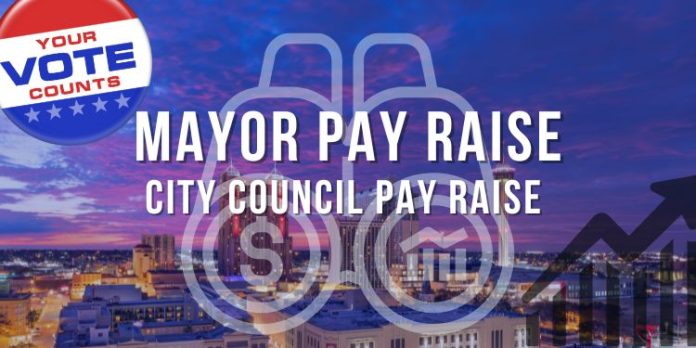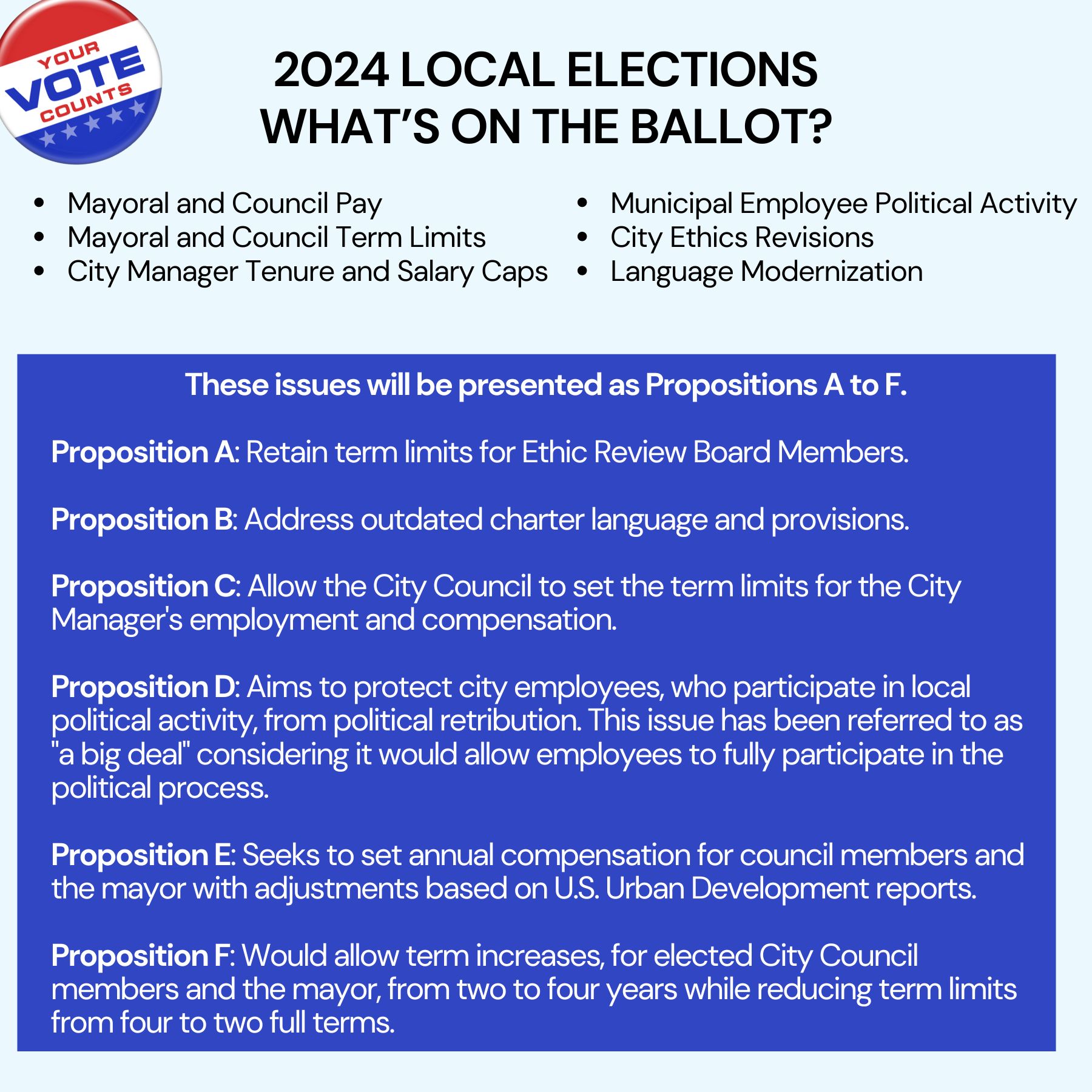Voters Will Decide On City Charter Changes as Their Paychecks do Not Support Raises During Inflation
As November 5th rapidly approaches, San Antonio voters will be deciding on additional issues, besides the numerous issues, already on the ballot.
The City of San Antonio is proposing multiple amendments to the City Charter. State law permits the public to submit a proposed Charter amendment, to the San Antonio voters, if the proposed amendment is supported by at least 20,000 signatures of the City of San Antonio.
Included in this process is the Charter Review Commission:
A Standing Charter Review Commission was authorized by the City Council, in 2014, “to study and make recommendations regarding provisions within the City Charter that should be updated” because they conflict with current state law, do not reflect current practices, or have become outdated or obsolete.
A Charter Review Commission consists of San Antonio residents, who conduct research and solicit public input, to make recommendations to the City Council, to place any Charter Amendments on the ballot for the San Antonio voters to approve or to disapprove.
The Commission consists of 15 members and they met eleven times during the period from December of 2023 to May of 2024, after having been reconstituted by Mayor Ron Nirenberg, on November 14, 2023. The Commission’s subcommittees were tasked to advise the Council on four areas – ethics, governance, personnel and modernization.
On August 8th, the City Council finalized the six charter amendments which will appear on San Antonio voter’s ballots on November 5th.
Final issues for voters to decide during the upcoming election are:
- Mayoral and council pay
- Mayoral and council term limits
- City manager tenure and salary caps
- Municipal employee political activity
- City ethics revisions
- Language modernization
These issues will be presented as Propositions A to F
Proposition A: Retain term limits for Ethic Review Board Members.
Proposition B: Address outdated charter language and provisions.
Proposition C: Allow the City Council to set the term limits for the City Manager’s employment and compensation.
Proposition D: Aims to protect city employees, who participate in local political activity, from political retribution. This issue has been referred to as “a big deal” considering it would allow employees to fully participate in the political process.
Proposition E: Seeks to set annual compensation for council members and the mayor with adjustments based on U.S. Urban Development reports.
Proposition F: Would allow term increases, for elected City Council members and the mayor, from two to four years while reducing term limits from four to two full terms.
Two additional issues not making it out of the review process were an independent redistricting commission for council districts. Also, suprisingly, a community-led push for increased spending on youth services received push back from city government and did not make it out of the review process.
Whenever changes are about to occur, as to how city government will operate, citizens must be involved as well as be able to voice their concerns and desires, especially via public forums and at the ballot box.
We will be informing all of our readers weekly to ensure you are able to make an educated vote locally and nationally.
VOTE – And Make A Difference!!









